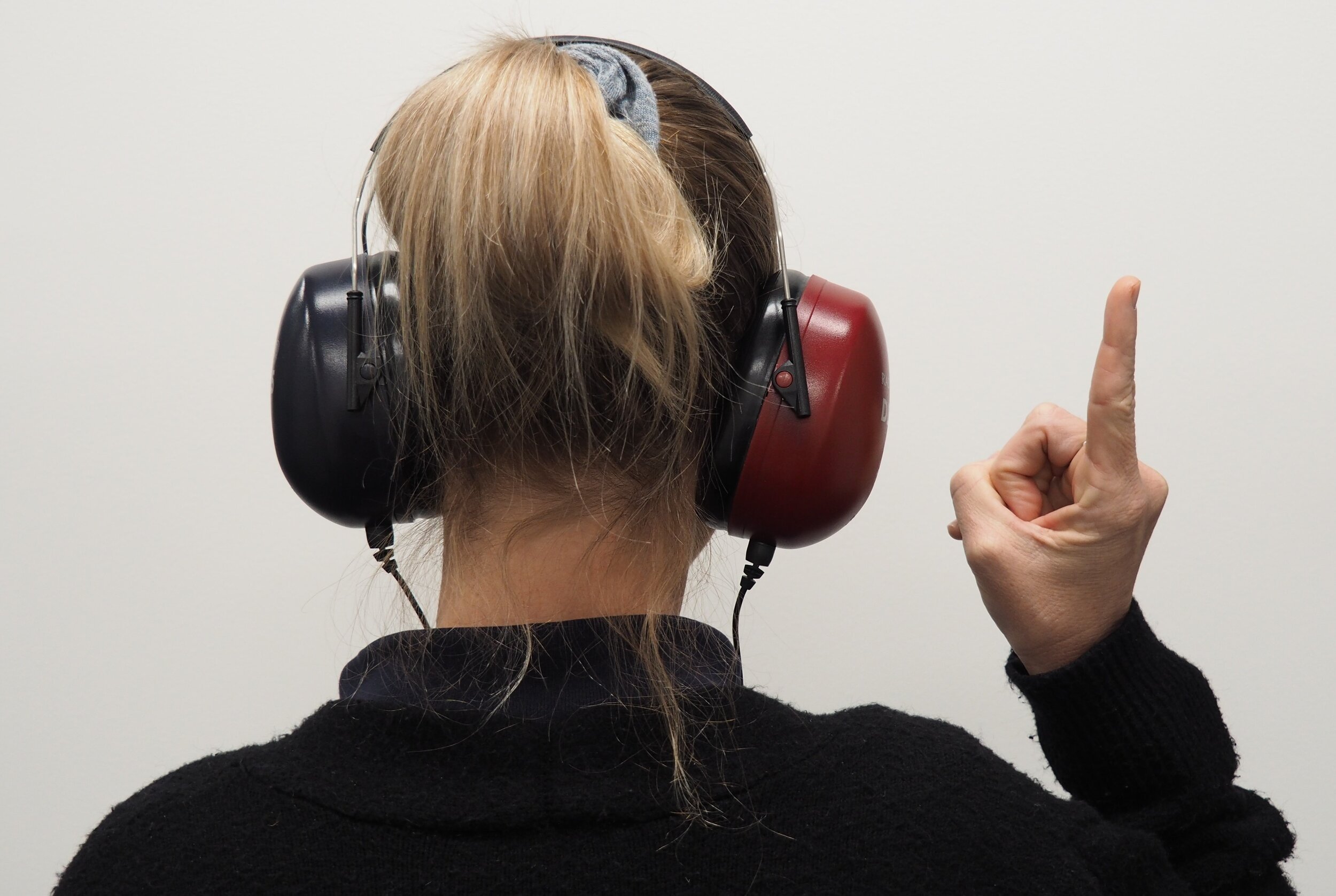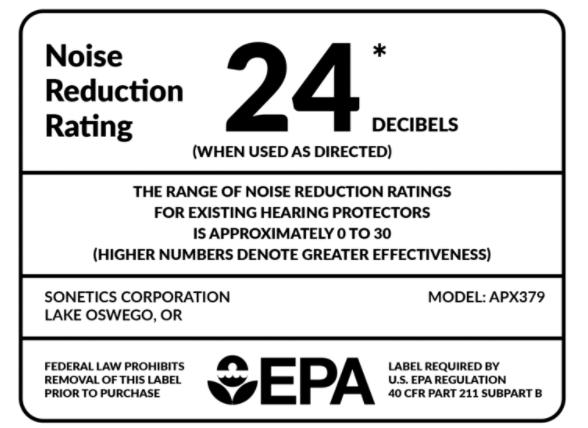How to Prevent Tinnitus
Imagine having to listen to a constant sound, 24 hours per day, 7 days per week. This noise might be described as a high-pitch ringing, the sound of a high-tension wire, the sound of cicadas, or an irritating buzz. For many workers in high-noise environments, this is a reality. A recent study out of Australia reports that over 25% of the working population experience tinnitus.
Causes of tinnitus
There are many factors which can contribute to the development of tinnitus. Tinnitus, among other things, can be caused by:
Hearing loss
Hearing disorders
Medications
Temporomandibular Joint Disorder (TMJ)
For additional information on causes of tinnitus, you can visit the American Tinnitus Association website.
While not at causes of tinnitus can be avoided, the development of tinnitus due to noise-induced hearing loss is 100% avoidable.
Preventing tinnitus
Preventing the development of tinnitus should be thought of in the same way as preventing hearing loss. This is because one of the major causes of tinnitus is the development of hearing loss. Therefore, when working in high-noise areas, the proper hearing protection is required.
When selecting appropriate hearing protection, not all earplugs are created equal.
Make sure your hearing protectors are:
Selected based on noise levels
Comfortable
In proper working order
Learn more about improving your hearing protection with custom earplugs by Lucas Audiology:
Creating a safer work environment
Employees working in high-noise environments have an increased risk of developing hearing loss and tinnitus. It is recommended that any employee exposed to excessively high-noise levels undergo annual hearing testing. The goal of the workplace hearing testing is to monitor any changes in the employees’ hearing levels in order to identify possible deficiencies in the workplace hearing conservation program. Part of the annual hearing testing should focus on the prevalence and change of tinnitus over time. Changes to an employee’s hearing levels and tinnitus can also be indicative of excess noise exposure and improper hearing protection use.
Learn more about our on-site hearing testing
Tinnitus can have a significant psychological and emotional impact on individuals and should not be ignored.
If you or someone you know is suffering from tinnitus, there are a number of resources available. Your first steps should be:
Connect with a local Audiologist who specializes in tinnitus
Consult your physician
Read more of our blog posts to continue learning how to improve your hearing conservation program.
Find out more about our services and how we can help you create a safer workplace.











